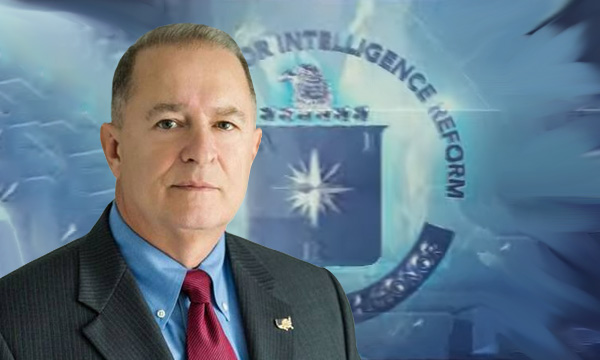Moore County Board of Education Robin Calcutt hides behind a veneer of decency and devotion. But when it comes to being associated with an...
Month: October 2022
Brad Johnson asks whether PayPal thinks we fell for the censorship stunt they pulled this week. Now claim it was a case of "misinformation" that ...
An update on what used to be called "The Rule of Law". With host and President of Americans for Intelligence Reform, Brad Johnson. https://rumble...
At Americans for Intelligence Reform, we made the decision to seek out candidates who are deserving of our endorsement. This election cycl...
Discussion of current events between two good friends. Let us know what you think. This will not be on YouTube due to their need for a safe space...
John Chan runs against C.A.I.R. progressive Ruwa Romman. Brad Johnson discusses why a vote for Chan is a vote against a radical leftist. Mr. Chan...
Brad Johnson debunks the leftist claim that conservatives commit the most violent crimes. (This video will not be on YouTube because it will hurt...
Brad Johnson discusses Biden's alarming speech about Putin ready to use nuclear weapons is just another attempt to make himself look like the sav...
Part I covered the situation. In Part II, Brad delves deeper into who could have been involved. Russia may be the obvious answer, but what about ...





